Table of Contents
SHARE IT ON
The Impact of Winter on Kids’ Health

Key Nutritional Needs During Winter
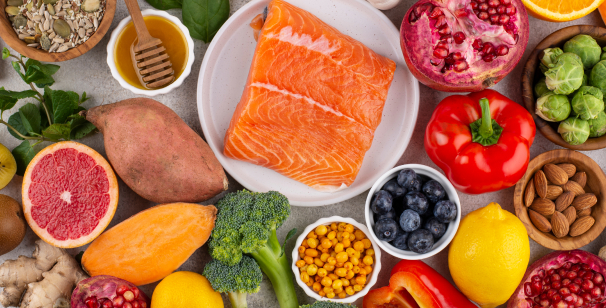
- Vitamins (C, D, and E) for immune support.
- Protein for growth and muscle repair.
- Healthy fats for energy and warmth.
- Carbohydrates for sustained energy.
Here are some practical and easy-to-follow winter nutrition tips to help your kids thrive during the colder months:
1. Boost Immunity with Vitamin C-Rich Foods
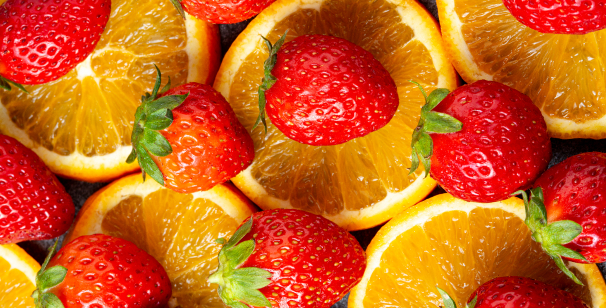
Pro tip: Kick-start their day with a glass of fresh orange juice or toss sliced strawberries in their morning cereal.
2. Add Protein for Growth and Repair
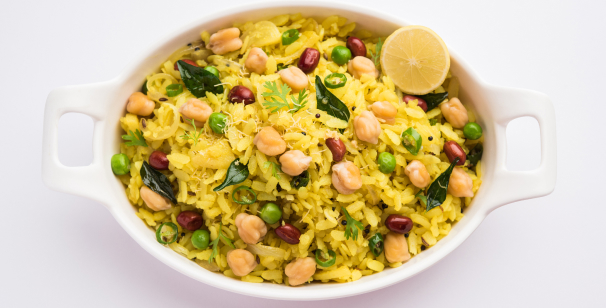
Proteins are essential for muscle growth, repair, and energy. It helps keep your kids full and active, especially during the winter when they need extra energy to stay warm. Meeting your child’s protein requirements is easier than you think with a variety of kid-friendly options like:
- Lentils, Chickpeas, Rajma, soybeans, and peanuts.
- Hard-boiled eggs.
- Lean meats including chicken
- Add dairy products like yogurt and cheese.
3. Healthy Fats for Energy and Warmth

- Ghee, mustard oil, coconut oil, olive oil
- Nuts (almonds, walnuts)
- Seeds (flaxseeds, sesame seeds, Chia seeds)
- Avocados
- Fatty fish like salmon.
Pro tip: Add a teaspoon of ghee to their rotis or khichdi, or offer a handful of soaked almonds as a snack.
4. Hydration Is Key, Even in Winter
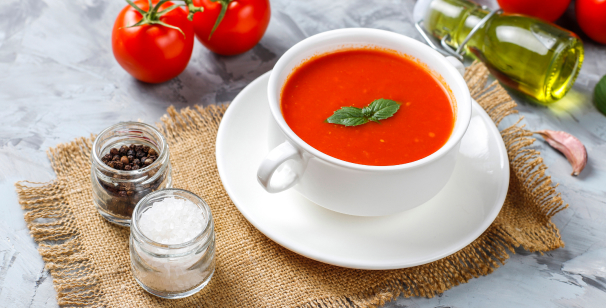
- Serve Herbal tea (tulsi or ginger tea) or warm milk with turmeric in breakfast
- Warm soups like tomato, spinach or chicken broth.
- Fruits like oranges and cucumbers, which have high water content.
5. Include Iron-Rich Foods
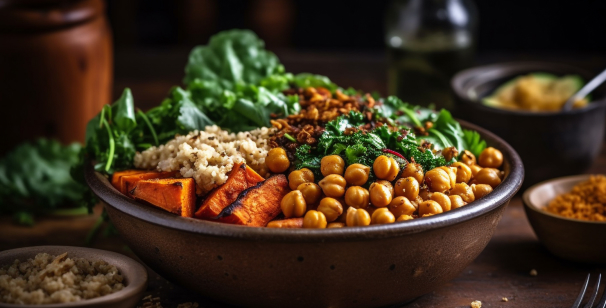
- Pumpkin seeds
- Nuts (almonds, walnuts)Chickpeas (chana), Lentils (dal), and whole grains like bajra and jow
- Lean meats
- Spinach
- Fortified cereals
6. Focus on Vitamin D
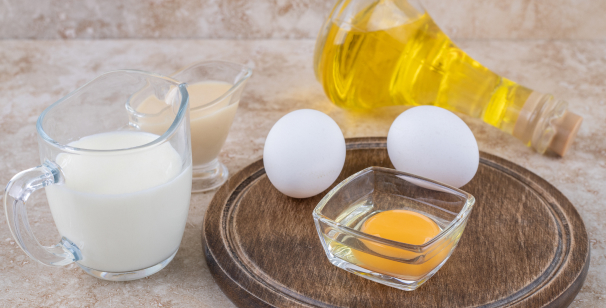
Shorter days and less sunlight in winter can lead to vitamin D deficiency, which is crucial for bone health and immunity.
Foods to include:
- Fortified milk,
- Egg yolk,
- Fatty fish like salmon (if non-vegetarian).
7. Limit Sugary Treats

- Offer naturally sweet options like dates, figs (anjeer), or homemade ladoos made with jaggery and nuts.
- Homemade granola bars.
- Dark chocolate.
8. Focus on Healthy Carbohydrates

- Whole wheat roti
- bajra (pearl millet)
- jowar (sorghum)
- Oats
- brown rice
9. Include Probiotics for Gut Health

A healthy gut is the key to strong immunity and overall well-being, especially during winter. Probiotics help maintain a balanced gut microbiome, which can protect your kids from seasonal infections.
Foods to include:
- Curd (dahi)
- rmilk (chaas)
- homemade pickles (achar) and
- Fermented foods like idli, dosa, and dhokla.
Pro tip: Serve a bowl of fresh curd with meals or offer a glass of spiced buttermilk (jeera chaas) as a refreshing and probiotic-rich drink.
10. Prioritise Sleep and Rest

Final Thoughts
Winter is the season of happiness, festivity, and good food in our land. If you focus on nutritionally balanced food with adequate intake of vitamins, minerals, and nutrients, then your children are sure to remain healthy, full of energy, and ready to savor the spirit of the season. For added support, especially during the colder months, you can consider incorporating nutritional supplements for kids after consulting with a pediatrician. Remember that small changes will make a lot of difference, so start working them into your family’s routine today itself.


